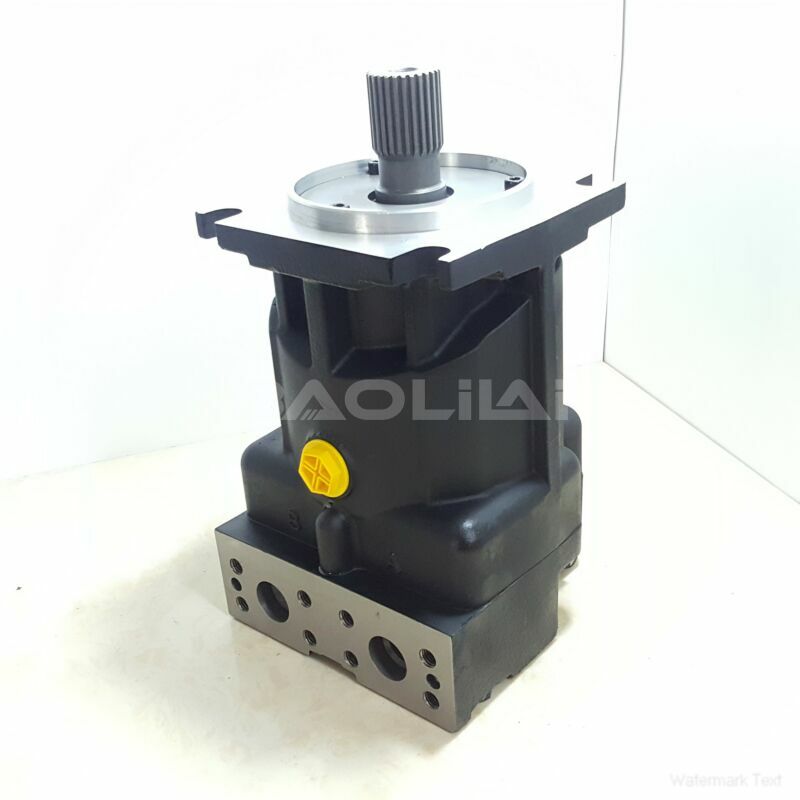90M075NC0N8N0S1W00NNN0000G0 high pressure motor
90M075NC0N8N0S1W00NNN0000G0 high pressure motor

- Product Details
- Applicable Scene
In recent years, the quest for sustainable transportation solutions has led to the emergence of hybrid piston engines as a viable alternative to traditional internal combustion engines. These engines combine the functionality of conventional gasoline engines with electric propulsion systems, offering a range of environmental benefits that can significantly reduce the ecological footprint associated with transportation. This article explores some of the key environmental advantages of hybrid piston engines, emphasizing their potential role in combating climate change and reducing pollution.
90-M-075-NC-0-N-8-N-0-S1-W-00-NNN-00-00-G0
90M075NC0N8N0S1W00NNN0000G0
One of the most notable environmental benefits of hybrid piston engines is their improved fuel efficiency. By utilizing both an internal combustion engine and an electric motor, these hybrid systems can optimize performance and minimize fuel consumption. This efficiency not only translates to lower fuel costs for consumers but also reduces greenhouse gas emissions. Studies have shown that hybrid vehicles can emit substantially less carbon dioxide (CO2) compared to their purely gasoline-powered counterparts, contributing to global efforts to mitigate climate change.

83022754
Additionally, hybrid piston engines produce fewer harmful pollutants. Traditional gasoline engines emit significant amounts of nitrogen oxides (NOx), particulate matter, and unburned hydrocarbons, which are detrimental to air quality and public health. Hybrid engines, on the other hand, can operate in electric mode at low speeds, significantly reducing emissions during urban driving conditions. This feature is essential in densely populated areas where air quality has become a major concern. By lowering these harmful emissions, hybrid piston engines can contribute to cleaner air and improved public health outcomes.
Another environmental advantage of hybrid piston engines lies in their potential to support renewable energy integration. Many hybrid systems can be charged using electricity generated from renewable sources such as wind, solar, or hydroelectric power. This connection to a greener energy grid allows for a more sustainable energy supply, further diminishing reliance on fossil fuels. As the electricity grid continues to transition toward renewable sources, the carbon footprint associated with charging hybrid vehicles will further decrease, leading to even greater reductions in overall emissions.





